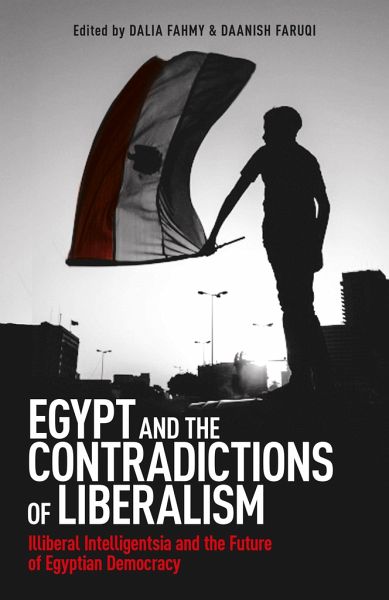
Egypt and the Contradictions of Liberalism
Illiberal Intelligentsia and the Future of Egyptian Democracy

PAYBACK Punkte
19 °P sammeln!
A nuanced investigation into the state of liberalism in Egypt

Illiberal Intelligentsia and the Future of Egyptian Democracy

Rechnungen
Bestellstatus
Retourenschein
Storno